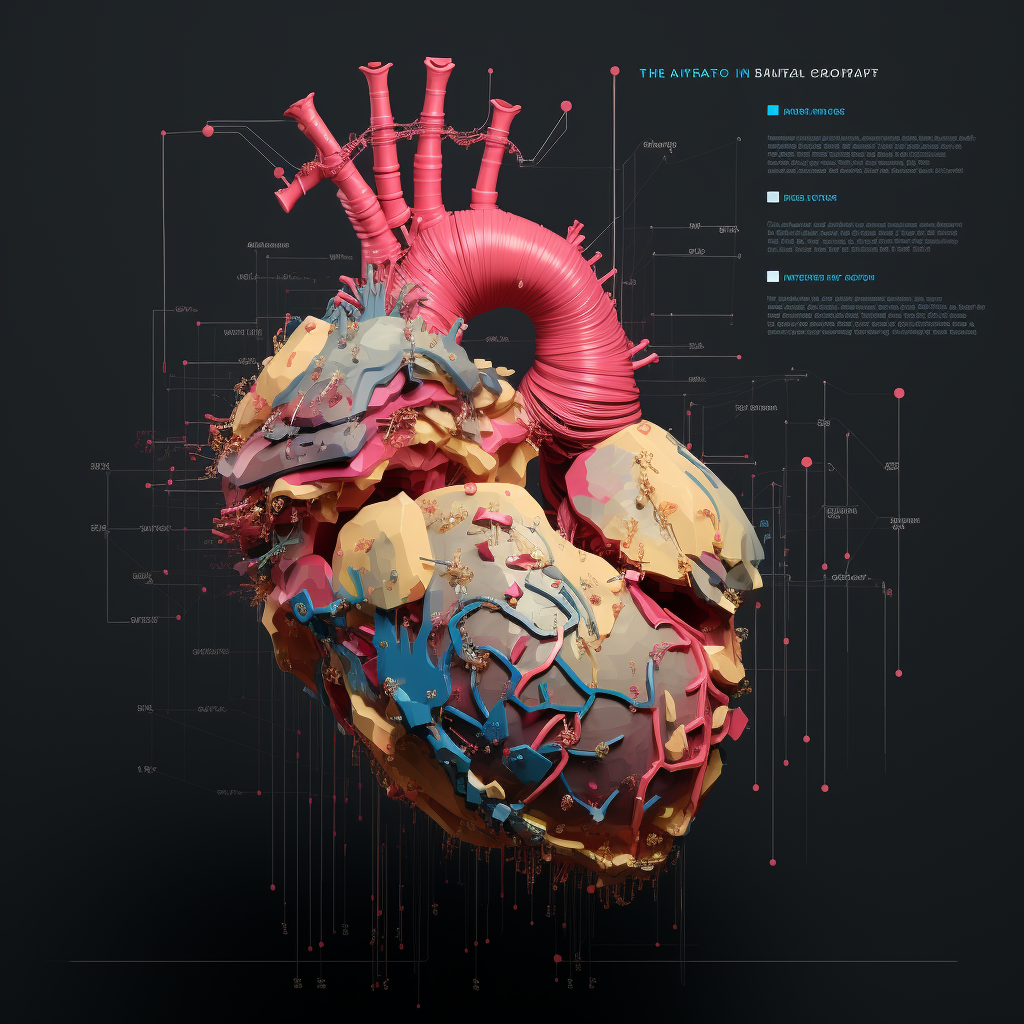Impact of AI on Healthcare

The integration of Artificial Intelligence (AI) into healthcare has transformed the landscape of medical treatment and patient care. As we delve into this insightful exploration, it's imperative to acknowledge the diverse healthcare systems globally, and the unified goal to enhance patient outcomes. This article aims to inform medical professionals and health enthusiasts about the significant role AI plays in modern healthcare, underscoring the importance of patient privacy and ethical considerations.
Tracing back to the early days of medical technology, the journey from simple diagnostic tools to advanced AI algorithms represents a remarkable evolution. Today, AI's impact is evident in various facets of healthcare, from predictive analytics in patient care to automated diagnostics and personalized medicine. Historical milestones, such as the first use of AI for patient data analysis, have paved the way for today's sophisticated AI applications.
One of the most notable impacts of AI is in the realm of diagnosis accuracy. Graphs and data from clinical trials showcase how AI algorithms outperform traditional methods in diagnosing diseases like cancer, diabetes, and heart conditions. Through machine learning, AI systems can analyze vast amounts of medical data, identify patterns, and assist healthcare professionals in making more accurate diagnoses.
Conversations with pioneers in AI healthcare reveal a consensus: AI is not replacing human professionals but augmenting their capabilities. These leaders emphasize the importance of balancing AI integration with human judgment, especially in critical decision-making scenarios.
Case studies from various health systems around the world illustrate the diverse applications and challenges of AI in healthcare. These include deploying AI in resource-limited settings, addressing cultural barriers, and tailoring AI solutions to meet local healthcare needs.
The adoption of AI in healthcare raises crucial ethical questions, particularly concerning patient privacy and data security. Experts in bioethics advocate for stringent measures to protect patient information and ensure that AI tools are used responsibly and transparently.
For healthcare providers looking to integrate AI into their practice, practical steps include staying informed about the latest AI advancements, training staff on AI tools, and engaging in partnerships with AI healthcare companies. Clinics are encouraged to start with small-scale AI applications, such as automated patient scheduling or data management systems, and gradually expand to more complex tools.
Heartening stories from healthcare facilities around the world demonstrate the positive impact of AI. From AI-powered diagnostic tools significantly reducing error rates to AI algorithms predicting patient readmission risks, these real-life examples provide a glimpse into the potential of AI in enhancing patient care.
The impact of AI on healthcare is profound and multifaceted, offering both opportunities and challenges. As we continue to navigate this exciting yet complex terrain, the medical community and health enthusiasts are encouraged to join health tech forums and discussions. These platforms offer a space to share insights, learn from experts, and contribute to shaping the future of AI in healthcare.